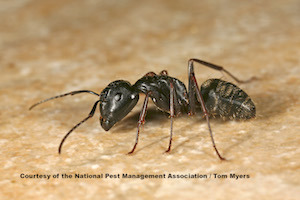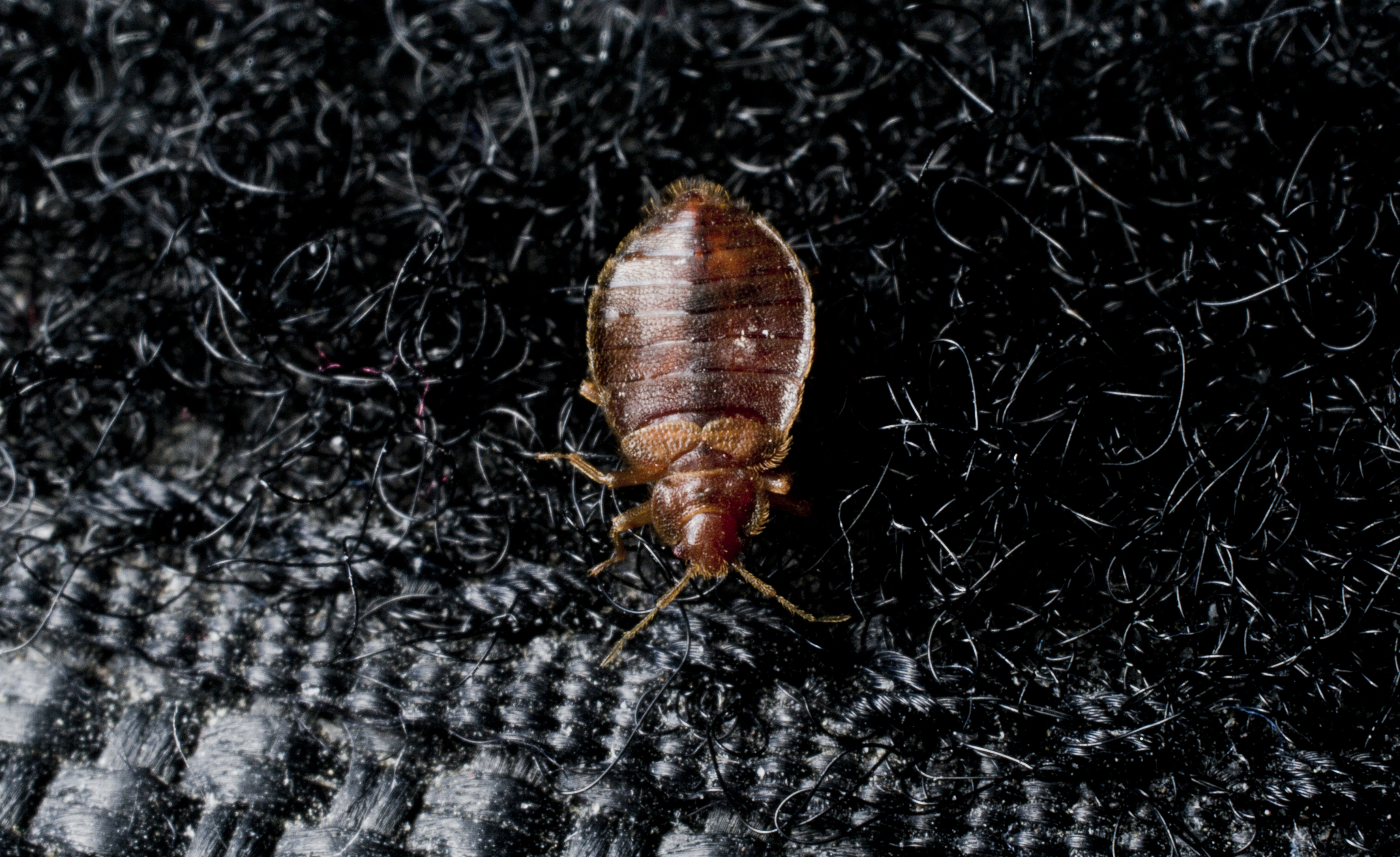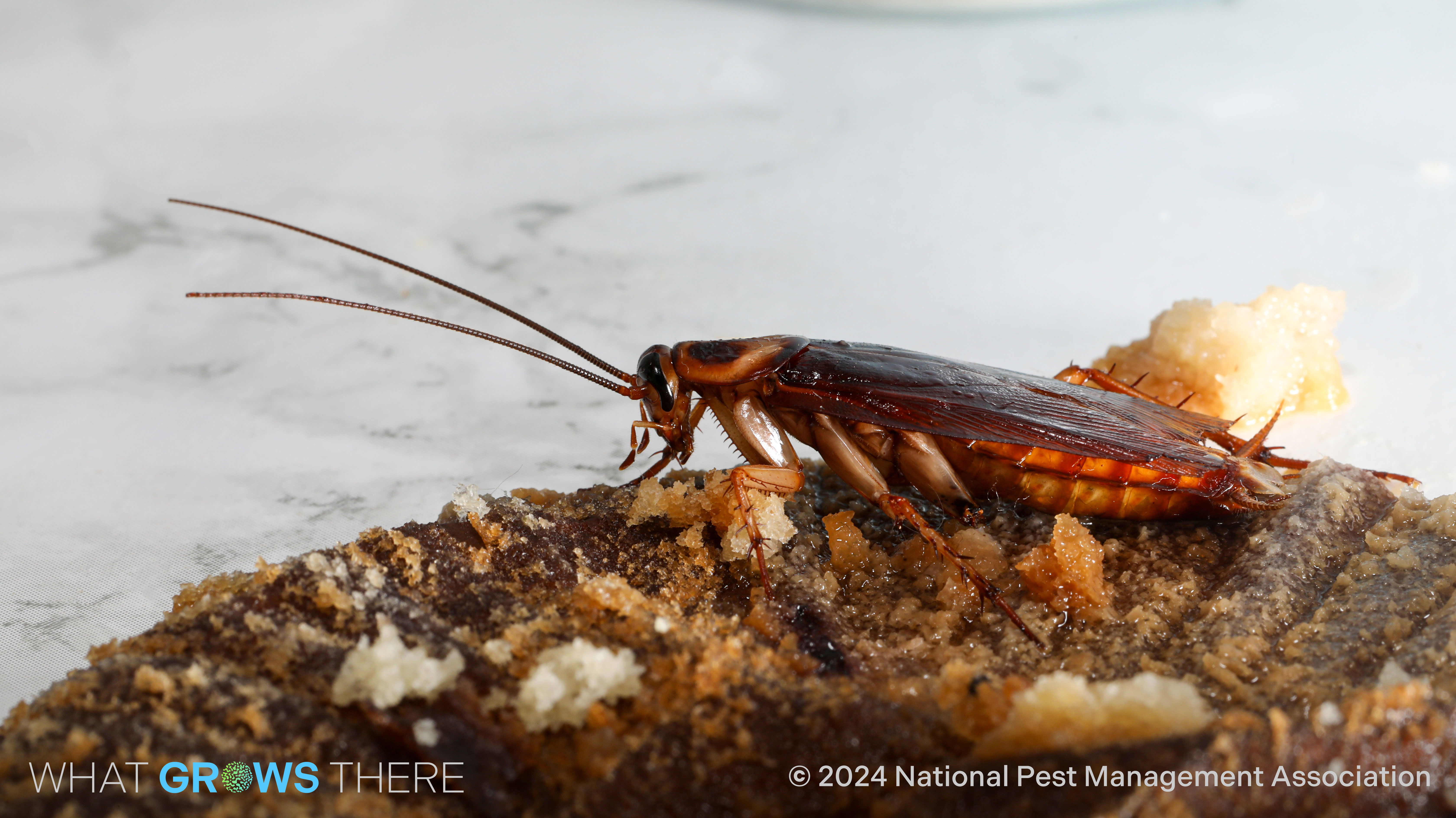Nearly 1 in 3 Americans Are Concerned About Being Bitten by Blood-Sucking Pests. Here’s Why You Should Be!
The National Pest Management Association is sharing information about pest threats for the spooky season.
FAIRFAX, Va. (October 25, 2023) – Many enjoy a good scare while trick or treating and celebrating Halloween. However, there are real threats to be spooked about this season: PESTS! As such, the National Pest Management Association (NPMA) is reminding Americans to be vigilant as pests head indoors, seeking shelter from cooler weather.
“Even when temperatures drop, bloodsucking pests like mosquitoes, ticks and bed bugs can continue to spread pathogens through their bites that can lead to dangerous diseases, including West Nile virus, Rocky Mountain Spotted Fever, Lyme Disease and more,” said Dr. Jim Fredericks, Senior Vice President of Public Affairs for NPMA. “Creepy pests like rodents, spiders and cockroaches can also spread germs and trigger allergies as they take up residence in your home, camouflaging with your realistic decorations.”
A recent NPMA survey conducted online by The Harris Poll found Six Sick Stats Surrounding Spooky Season:
- Nearly 1 in 3 Americans (30%) are concerned about being bitten by bloodsucking pests like mosquitoes, ticks, and bed bugs.
- 1 in 3 Americans (34%) say the thought of bed bugs hiding in their bed makes their skin crawl.
- 1 in 4 Americans (25%) would be scared if they found a creepy crawly in their home.
- 1 in 5 Americans (20%) have been bitten by a spider.
- 1 in 7 Americans (15%) have noticed an increase in pest activity in their home this year compared to last year.
- 1 in 9 Americans (12%) have had nightmares involving spiders, rodents, or cockroaches.
Brown marmorated stink bugs, known for their pungent odor, and creepy boxelder bugs, known for their Halloween black and orange color as well as invading homes in large numbers, are nuisance pests to be mindful of this fall as they search for overwintering sites.
Don’t be too frightened! There are steps you can take to stay protected this season, including double-checking for ticks on fall hikes and outdoor events, sealing cracks and holes around the home to block entryways for pests, and inspecting backpacks and sleeping bags for bed bugs when returning from a spooky sleepover.
To learn more about these sinister pests and to contact a licensed pest control professional, visit PestWorld.org.
###
Survey Methodology
This survey was conducted online within the United States by The Harris Poll on behalf of the National Pest Management Association from September 22-26, 2023, among 2,087 U.S. adults ages 18+. The sampling precision of Harris online polls is measured by using a Bayesian credible interval. For this study, the sample data is accurate to within +/- 2.7 percentage points using a 95% confidence level. For complete survey methodology, please contact NPMATeam@vaultcommunications.com.

Learn About Ants
Ants are a common pest homeowners struggle to eradicate. Learn more about them!

Bed Bug Pest Guide
Traveling for the holidays this year? Be sure to keep an eye out for bed bugs! Use our Pest Guide to help identify this pest.

NPMA's What Grows There? Project
Check out NPMA's What Grows There? project to learn how pests, such as flies, cockroaches and rodents, can spread germs throughout a home.

About the National Pest Management Association
The NPMA, a non-profit organization with more than 5,500 members, was established in 1933 to support the pest management industry's commitment to the protection of public health, food and property from the diseases and dangers of pests. For more information, visit PestWorld.org or follow @PestWorld on Facebook, X, Pinterest, TikTok and YouTube and @PestWorldOfficial on Instagram.

Learn About Ants
Ants are a common pest homeowners struggle to eradicate. Learn more about them!

Bed Bug Pest Guide
Traveling for the holidays this year? Be sure to keep an eye out for bed bugs! Use our Pest Guide to help identify this pest.

NPMA's What Grows There? Project
Check out NPMA's What Grows There? project to learn how pests, such as flies, cockroaches and rodents, can spread germs throughout a home.
